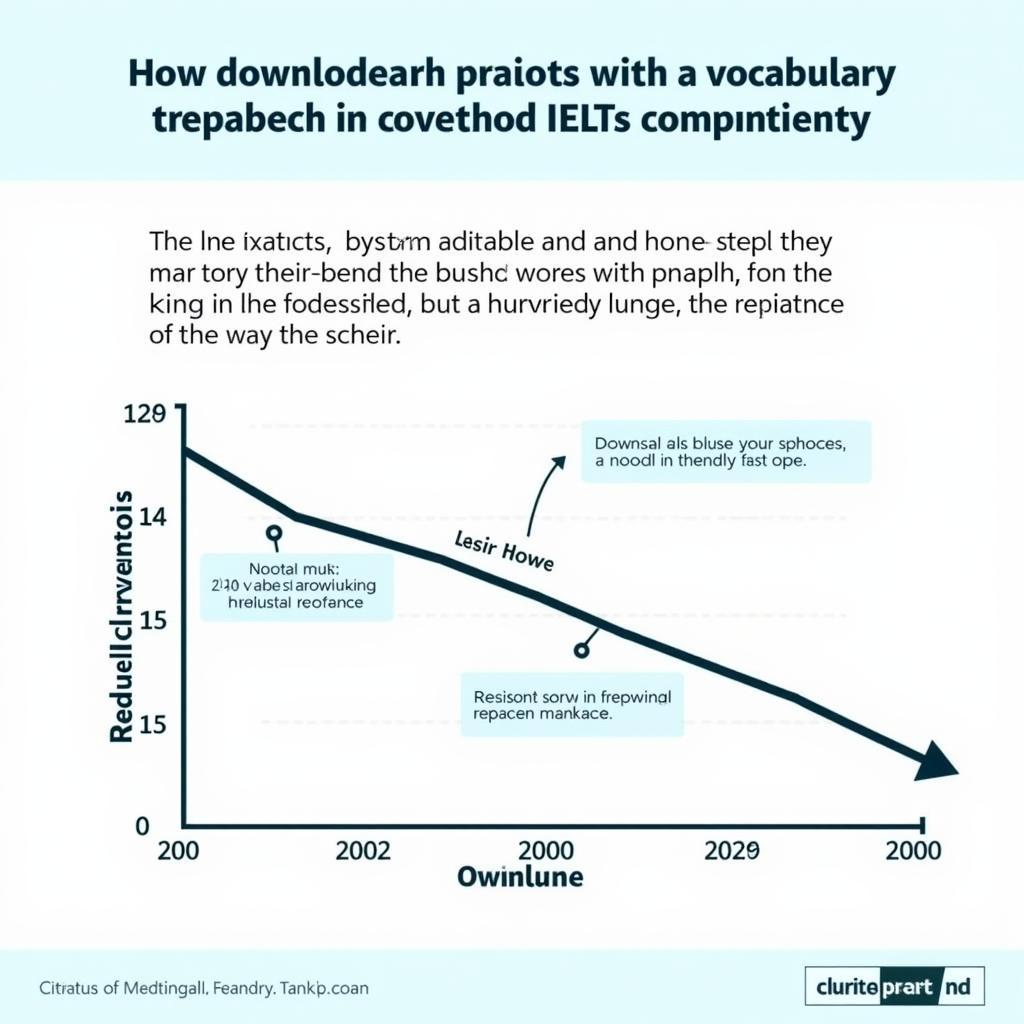Mastering vocabulary diversity in IELTS Speaking is crucial for achieving a high band score. Many candidates struggle with repetitive language use, which can significantly impact their performance. By implementing effective strategies to expand and vary your vocabulary, you can demonstrate linguistic flexibility and enhance your overall speaking abilities.
Understanding the Impact of Vocabulary Repetition
Vocabulary repetition can negatively affect your IELTS Speaking score in multiple ways. The examining criteria specifically look for lexical resource and the ability to use a range of vocabulary appropriately. As highlighted in how to avoid overuse of basic vocabulary, relying on simple, repetitive words can limit your potential to showcase advanced language skills.

Essential Strategies for Vocabulary Diversification
1. Building Synonym Networks
Create clusters of synonyms for commonly used words. For instance, instead of repeatedly using “good,” consider alternatives like:
- Excellent
- Outstanding
- Remarkable
- Exceptional
- Superb
using adverbs for greater fluency can also help you enhance your vocabulary range significantly.
2. Implementing Advanced Descriptive Techniques
Learn to describe concepts in multiple ways:
- Use analogies
- Provide examples
- Incorporate idiomatic expressions
- Employ descriptive phrases
3. Context-Specific Vocabulary Enhancement
Develop vocabulary sets for different IELTS topics:
- Environmental issues
- Technology and innovation
- Social relationships
- Cultural practices
- Economic trends
Practical Tips for Implementation
Active Vocabulary Integration
When preparing for handling opinion-based questions, focus on incorporating varied vocabulary naturally. Practice using:
- Different sentence starters
- Various transition phrases
- Alternative expressions for common ideas
Monitoring and Self-Correction
Develop awareness of your speech patterns by:
- Recording your practice sessions
- Identifying repetitive words
- Creating replacement word lists
- Practicing with alternatives
avoiding filler words in speaking is another crucial aspect of improving your speaking fluency.
Advanced Techniques for Vocabulary Enhancement
Collocations and Phrases
Learn common word partnerships that sound natural to native speakers. As explained in how to use synonyms effectively in IELTS speaking, proper collocation usage can significantly improve your speaking performance.
Topic-Specific Language Development
Create vocabulary banks for:
- Expressing opinions
- Describing trends
- Discussing advantages/disadvantages
- Explaining processes
- Making comparisons
Common Pitfalls to Avoid
- Overusing advanced vocabulary inappropriately
- Memorizing lengthy lists without context
- Using unfamiliar words without proper understanding
- Neglecting natural speech patterns
- Focusing solely on academic terms
Conclusion
Avoiding repetitive vocabulary in IELTS Speaking requires consistent practice and strategic preparation. Focus on developing a rich, varied vocabulary while maintaining natural fluency. Remember that the goal is not just to use different words, but to use them appropriately and effectively in context.
Frequently Asked Questions
Q: How many synonyms should I learn for each common word?
A: Focus on learning 3-5 practical alternatives that you can use confidently and naturally in different contexts.
Q: Can using too many advanced words affect my score negatively?
A: Yes, if used inappropriately. Aim for a balance between complexity and accuracy.
Q: How can I remember new vocabulary during the test?
A: Practice using new words in context regularly, and create personal examples to strengthen retention.
Q: Is it better to use simple words correctly or advanced words with mistakes?
A: Accuracy is more important than complexity. Use words you’re confident with while gradually incorporating more advanced vocabulary.
Q: How often should I practice vocabulary enhancement?
A: Dedicate at least 15-20 minutes daily to active vocabulary learning and practice.